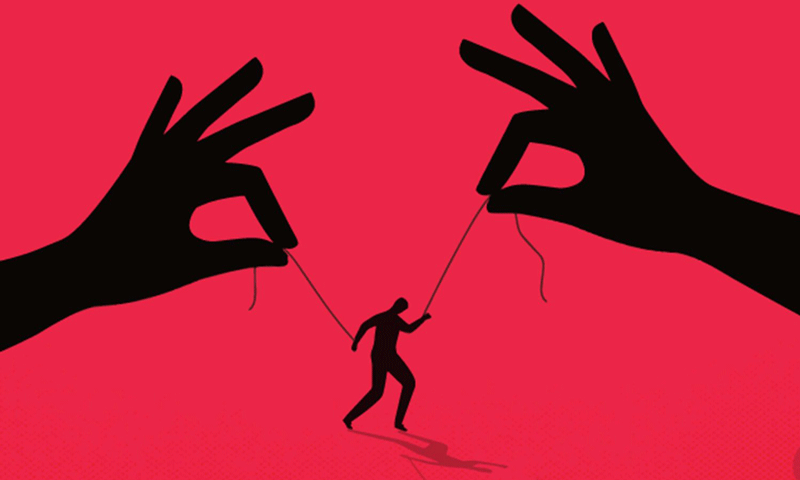In the romanticized world of soulmates and endless devotion, we’re often told that love conquers all. We’re taught that the strongest relationships survive every storm, that conflict means passion, and that if it hurts—it must be real. But this dangerous narrative overlooks one critical truth: someone who consistently damages your mental health cannot be the love of your life.
Love, at its core, should be a source of safety—not suffering.
The Difference Between Conflict and Harm
Every relationship will face challenges. Disagreements, stress, and occasional emotional misfires are natural parts of any partnership. However, there’s a stark difference between the growing pains of a healthy relationship and the ongoing erosion of your emotional well-being.
A partner who loves you should never:
-
Undermine your self-esteem
-
Isolate you from support systems
-
Make you question your reality
-
Manipulate you into guilt or fear
-
Regularly leave you emotionally drained
When love becomes a source of anxiety instead of peace, it’s no longer love—it’s emotional harm.
Romanticizing Emotional Pain
Popular media often glorifies “toxic love” as passionate, intense, or unforgettable. Think of the volatile couples in movies or songs where emotional chaos is portrayed as romantic destiny. But in real life, emotional instability is not a badge of deep love—it’s a warning sign.
Staying in a relationship that breaks you, confuses you, or depletes your sense of self is not proof of loyalty. It’s a reflection of unhealed wounds, unmet needs, or societal conditioning that equates love with suffering.
The idea that someone is your soulmate while simultaneously being the source of your deepest pain is not poetic. It’s a contradiction.
The Psychological Impact of a Harmful Relationship
Mental health is not just a buzzword—it’s your inner world, your clarity, your ability to function, connect, and thrive. A partner who chips away at that is not a partner; they are a burden to your healing.
Being in a relationship where you’re constantly second-guessing yourself, walking on eggshells, or feeling worthless can lead to:
-
Chronic anxiety
-
Depression
-
Self-isolation
-
Loss of identity
-
Long-term trauma
In the long run, these emotional wounds don’t just affect you—they impact your friendships, your career, your goals, and your overall sense of purpose.
Why “But I Love Them” Isn’t Enough
Love is important, but it cannot exist without respect, consistency, and care. You may feel emotionally bonded to someone who hurts you—that’s normal. Emotional attachment doesn’t disappear just because a relationship is unhealthy. But staying for love alone isn’t sustainable if your peace is the price you pay.
Ask yourself:
-
Do I feel safe being vulnerable with this person?
-
Do they make space for my emotions without belittling them?
-
Do I recognize myself in this relationship—or have I slowly disappeared?
If your answer causes discomfort, it may be time to stop romanticizing the idea of “forever” with someone who brings out the worst in you.
Healing Is the Real Love Story
Letting go of someone who harms your mental health isn’t failure—it’s survival. It’s a radical act of self-love.
You deserve a relationship where you can breathe, speak your truth, make mistakes without fear, and feel supported on your worst days. Love is not meant to be an obstacle course of emotional pain. It’s meant to be the safe place you return to when the world feels hard.
Healing begins the moment you stop trying to justify someone’s destructive behavior and start choosing peace over chaos.
Love That Honors You Does Exist
It’s easy to believe that intense love is the only love that matters—but real love is often gentle, steady, and calm. It won’t always come with fireworks or tears. Sometimes, it will look like someone remembering how you take your coffee, noticing when you seem off, or listening without trying to fix you.
That’s the love you deserve. And it cannot exist in the same space as emotional damage.
Conclusion: Your Mental Health Is the Love of Your Life
At the end of the day, the longest relationship you’ll ever have is the one with yourself. Protecting your mental health isn’t selfish—it’s essential. No matter how strong the bond or how deep the memories, if someone is eroding your emotional well-being, they are not “your person.”
The love of your life will never make you feel like you’re too much or not enough. They will be a healing presence, not a triggering one.
So if you’re holding onto someone who hurts you, it may be time to hold onto yourself instead.
Source:
Insights based on research from the American Psychological Association, National Institute of Mental Health (NIMH), and relationship psychology literature.

